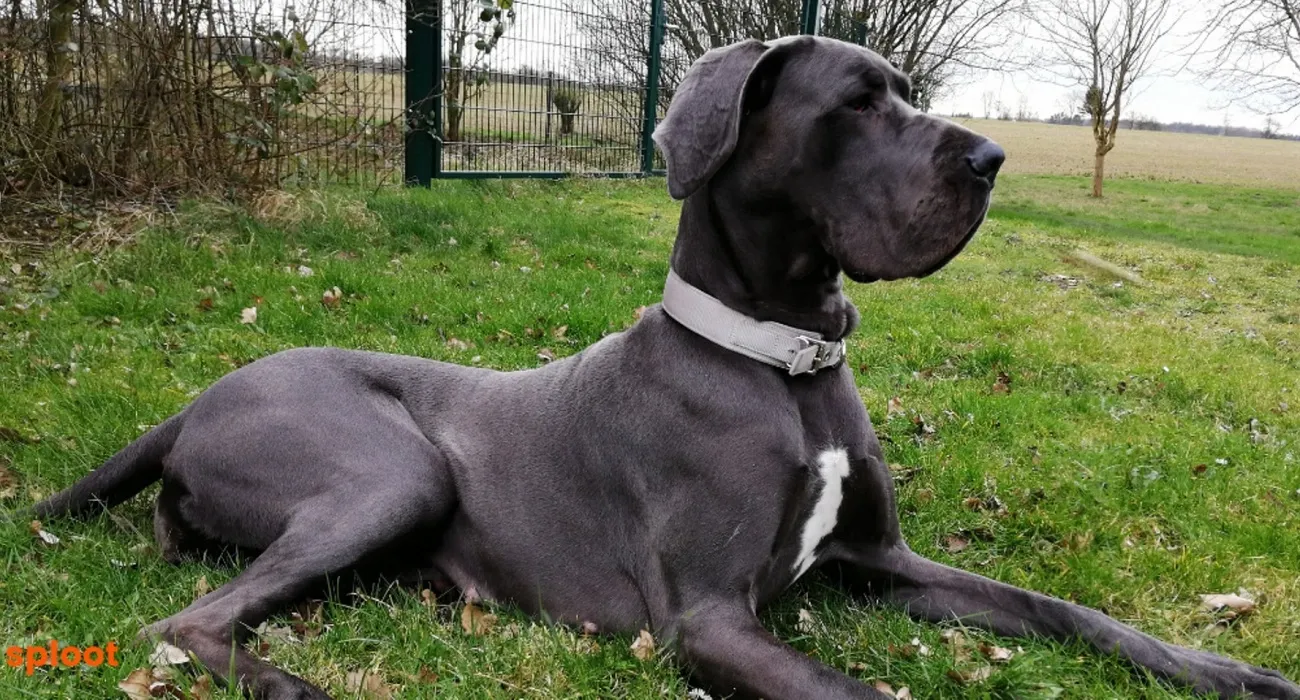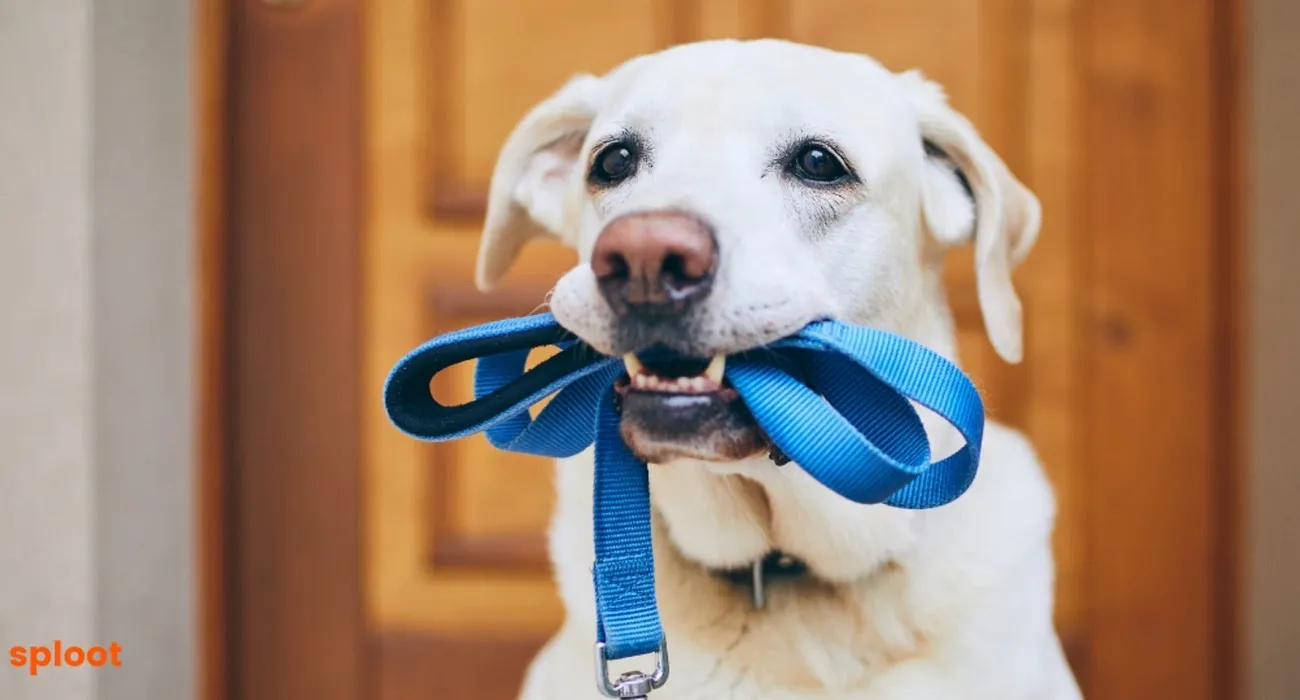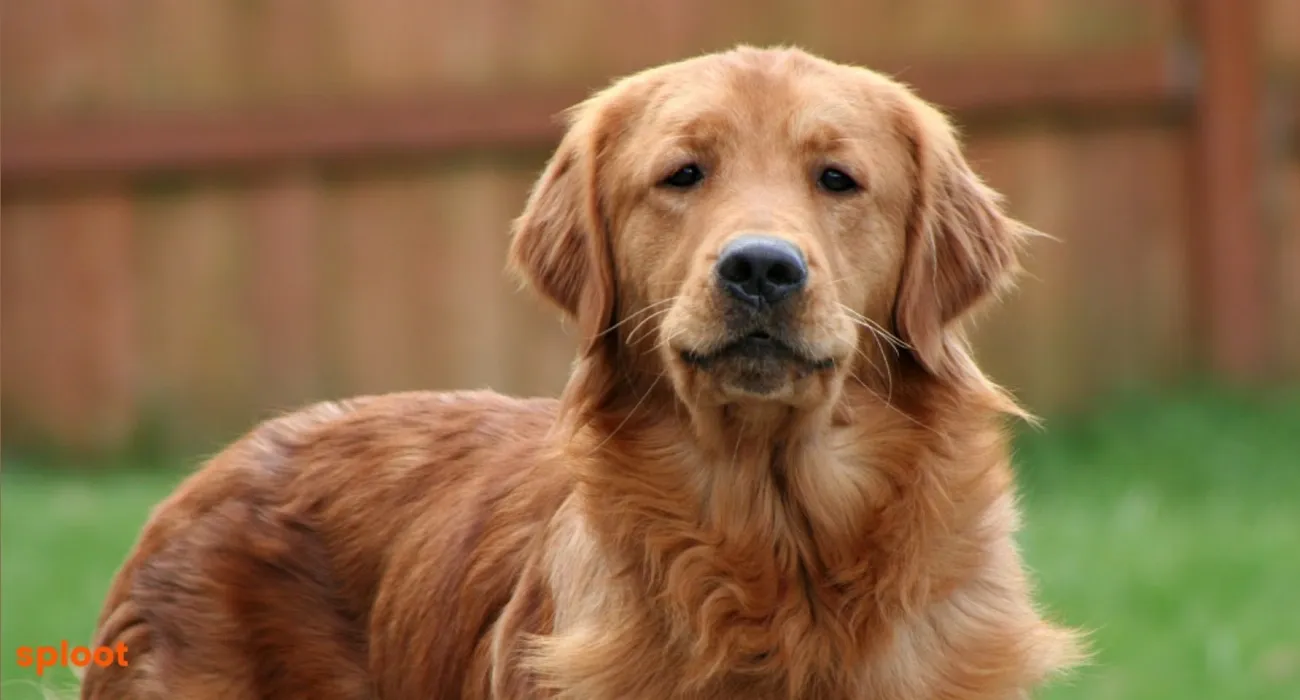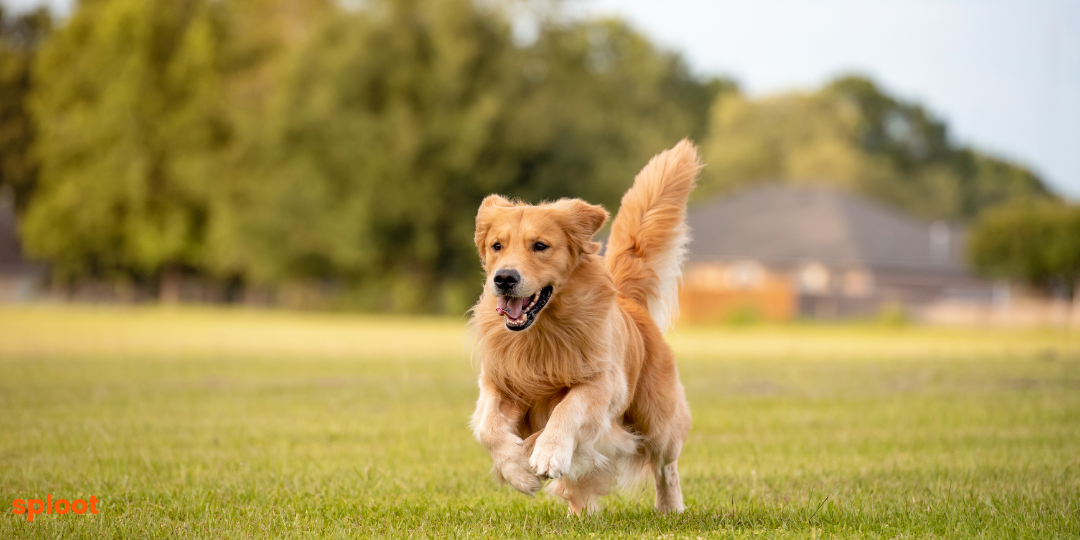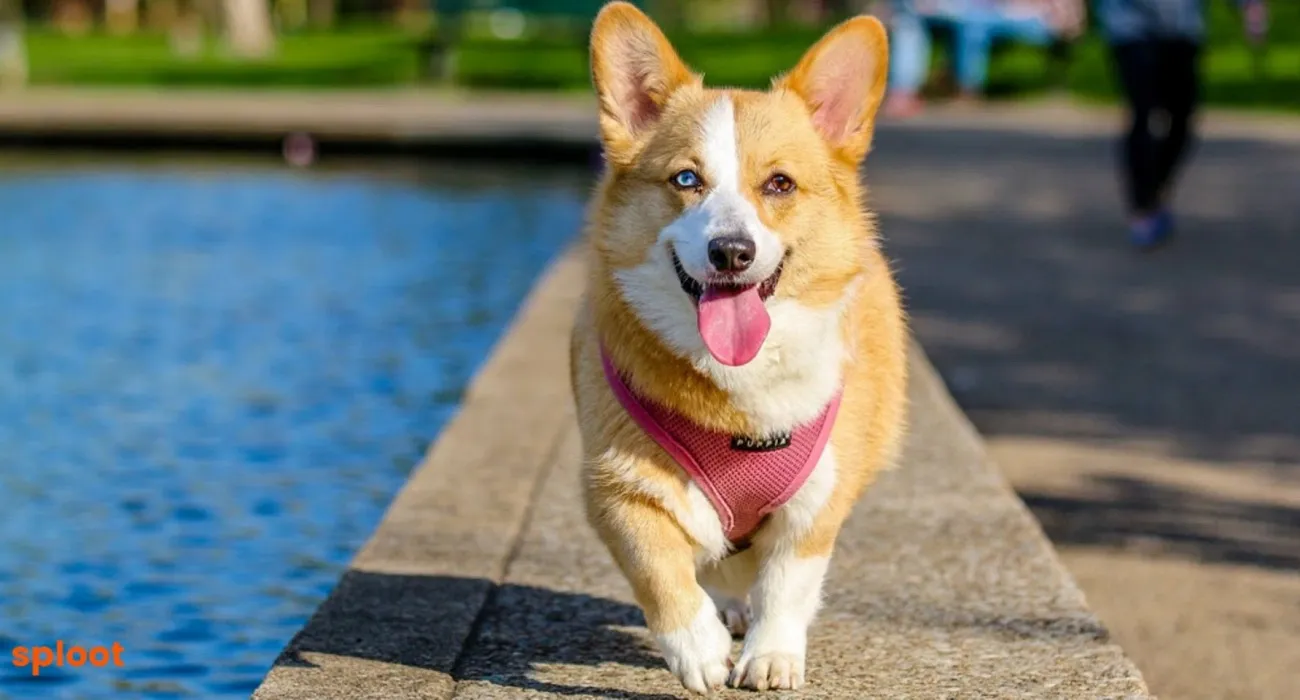Great Danes, often referred to as "gentle giants" of the dog world, are one of the most recognizable and admired breeds. Their imposing size, elegant appearance, and friendly nature make them unique family pets. This comprehensive guide will cover all aspects of the Great Dane dog breed, from their historical background to tips on caring for these majestic animals.
About Great Danes
The Great Dane, known historically as the German Mastiff or Deutsche Dogge, is a breed of dogs known for its enormous body and gentle temperament. Despite their imposing presence, Great Danes are well-known for their friendly, affectionate nature.
Historical Background
Originating in Germany, the Great Dane was historically used for hunting wild boar and guarding estates. Over time, the breed evolved from a ferocious hunter to a regal companion. The name "Great Dane," ironically, has roots more associated with French naturalists, who referred to the breed as "Grand Danois," which translates to "Big Danish."
Physical Characteristics
- Great Dane Size and Height: Great Danes are among the tallest dog breeds. On average, they can stand up to 28-34 inches tall at the shoulder.
- Weight: Males typically weigh between 140-175 pounds, while females are slightly lighter at 110-140 pounds.
- Colors: This breed comes in various colors, including fawn, brindle, blue, black, harlequin (white with black patches), and mantle.
Great Dane Temperament
Despite their size, Great Danes are known for their gentle and loving temperament. They are friendly, patient, and dependable with most being good with children and other pets. They are often referred to as "gentle giants" due to their calm and easygoing nature.

Caring for a Great Dane
Nutrition
Due to their size, Great Danes require a substantial amount of food. However, it's important to ensure they eat a balanced diet to prevent obesity and other health issues. High-quality dog food that caters to large breeds is typically recommended to support their bone and joint health.
Exercise Requirements
While they are relatively laid-back, Great Danes need regular exercise to keep them healthy and prevent boredom. A daily walk and some playtime in a securely fenced area are usually sufficient to meet their exercise needs.

Health Concerns
Great Danes are prone to certain health issues including:
- Cardiomyopathy: A heart condition that is commonly seen in Great Danes.
- Hip Dysplasia: A genetic hip malformation that can lead to arthritis.
- Bloat: A life-threatening condition where the stomach dilates and twists on itself.
Training and Socialization
Training a Great Dane is essential from puppyhood to ensure they are manageable as they grow. Early socialization helps them develop a well-rounded temperament, making them well-behaved and sociable with other dogs and people.
Great Dane Puppies
Choosing a Puppy
When looking for a Great Dane puppy, it's crucial to research thoroughly and choose a reputable breeder. This helps ensure the health and well-being of the puppy, as reputable breeders conduct health screenings and provide a good start in life.
Raising a Great Dane Puppy
Raising a Great Dane puppy requires commitment. Puppies need to be fed several times a day with food appropriate for their growth needs and should be gradually introduced to exercise to avoid stressing their developing bones and joints.
Great Dane Varieties
While the classic image of a Great Dane might be a giant, sleek dog with a solid coat, they come in various colors and patterns. Each color can carry different genetic implications:
- European Great Dane: Often larger and heavier than their American counterparts, European Great Danes are bred with a focus on robustness.
- Harlequin and Mantle Great Danes: These color patterns are particularly striking and require specific genetic markers for breeding purposes.
Conclusion
Great Danes are more than just their size. They are loving, gentle, and wonderfully loyal companions. They do well in families with the space to accommodate them and the time to invest in their care and training. Owning a Great Dane is a rewarding experience, providing you with a noble companion that truly stands out from the crowd. Whether you are thinking about adopting a Great Dane puppy or are looking to learn more about the breed, understanding their needs and characteristics will help you provide the best care for these magnificent dogs.


